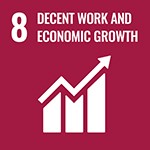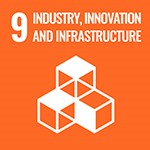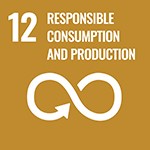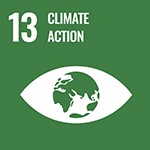
Human production has highly affected the planet and caused environmental changes. Today, planetary boundaries cannot keep up with the great acceleration we have experienced since the pre-industrial period. And consequently, humans now have more impact on the cycle of nature than nature itself.
According to United Nations’ latest report, supply chains are responsible for 60% of the global CO2 emission. Therefore, supply chains undoubtedly have an obligation to minimize their CO2 emission to stall global warming. But this need not be at the cost of businesses’ welfare and opportunities. Langebæk believes that we, in collaboration with our clients, can minimise CO2 emission and optimize businesses- both at the same time. Thinking sustainably need not be costly and cause additional concerns. If managed correctly, it can create more well-functioning businesses and open new possibilities.
Sustainable Obligations:
At Langebæk we want to walk besides our clients and actively participate in a sustainable transition. To “talk-the-talk” does not create any environmental improvements nor does it spawn trustworthy relationships with our clients.
Therefore, we divide our own sustainable obligations into two focus areas:
Footprint: The impact we leave working as a consultancy.
Handprint: The impact we can inspire, influence, and create together with our customers and their supply chains.
Footprint:
As a business we are aware of the environmental impact we leave. Working in a service sector, we do not produce a physical product and thereby do not consume large amounts of resources in our work. Our carbon footprint has therefore become the primary focus of our internal sustainability strategy. This includes monitoring how much CO2 we are emitting including our Scope 3 emission, and how to improve on a continuously basis.
Handprint:
As part of our handprint, we actively engage in the Sustainable Development Goals (SDG) set by the United Nations. This implies that in our work, Langebæk especially focuses on our possibilities to influence and improve goal:
8. Decent work and economic growth
9. Industry, innovation, and infrastructure
12. Responsible consumption and production
13. Climate action – power consumption.




The four SDGs are based on their relevancy when focusing on supply chain changes, development, and/or optimization at our clients. They therefore have a clear reference to core competences at Langebæk and deliverables that make us a preferred consultancy on supply chain solutions.
We believe the SDGs create common knowledge and references to discuss from when communicating with our clients. But does not imply that our competences are limited to these and cannot be aligned with businesses pursuing other goals.

